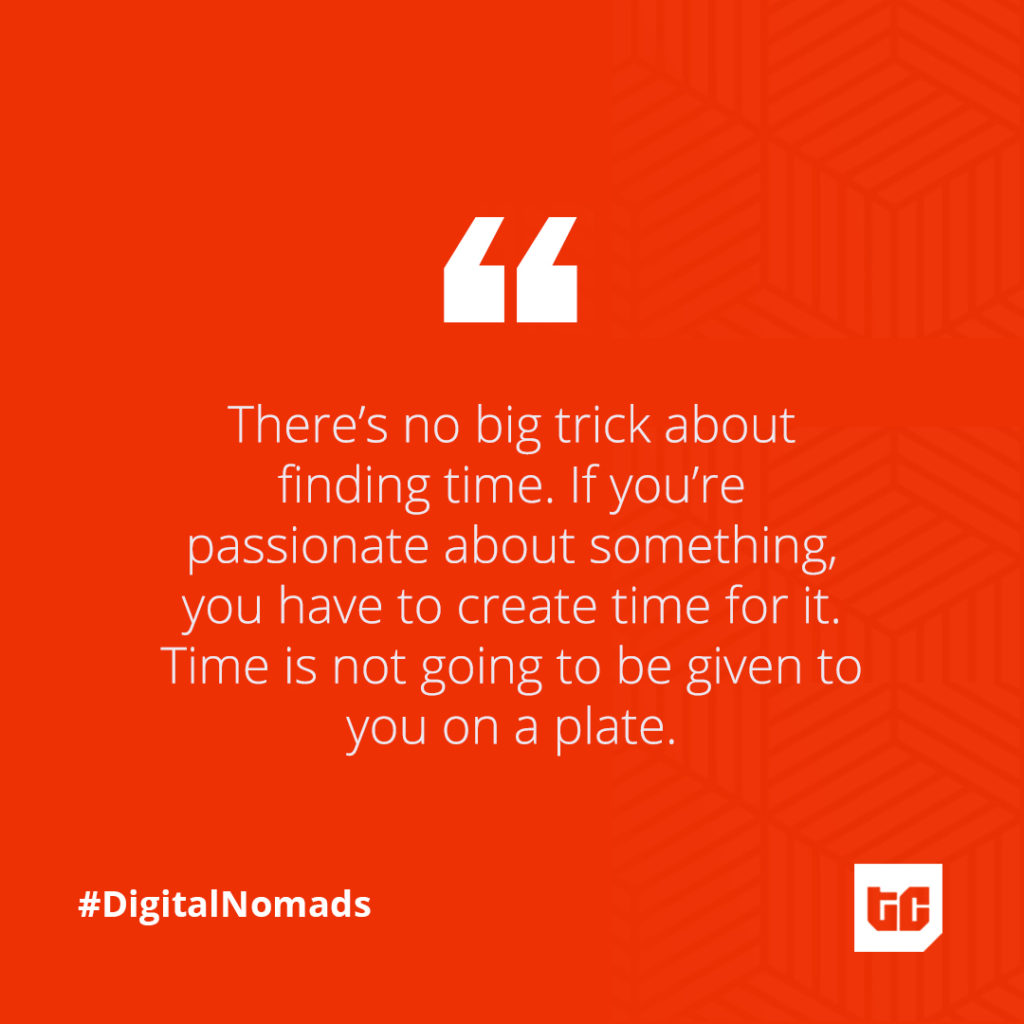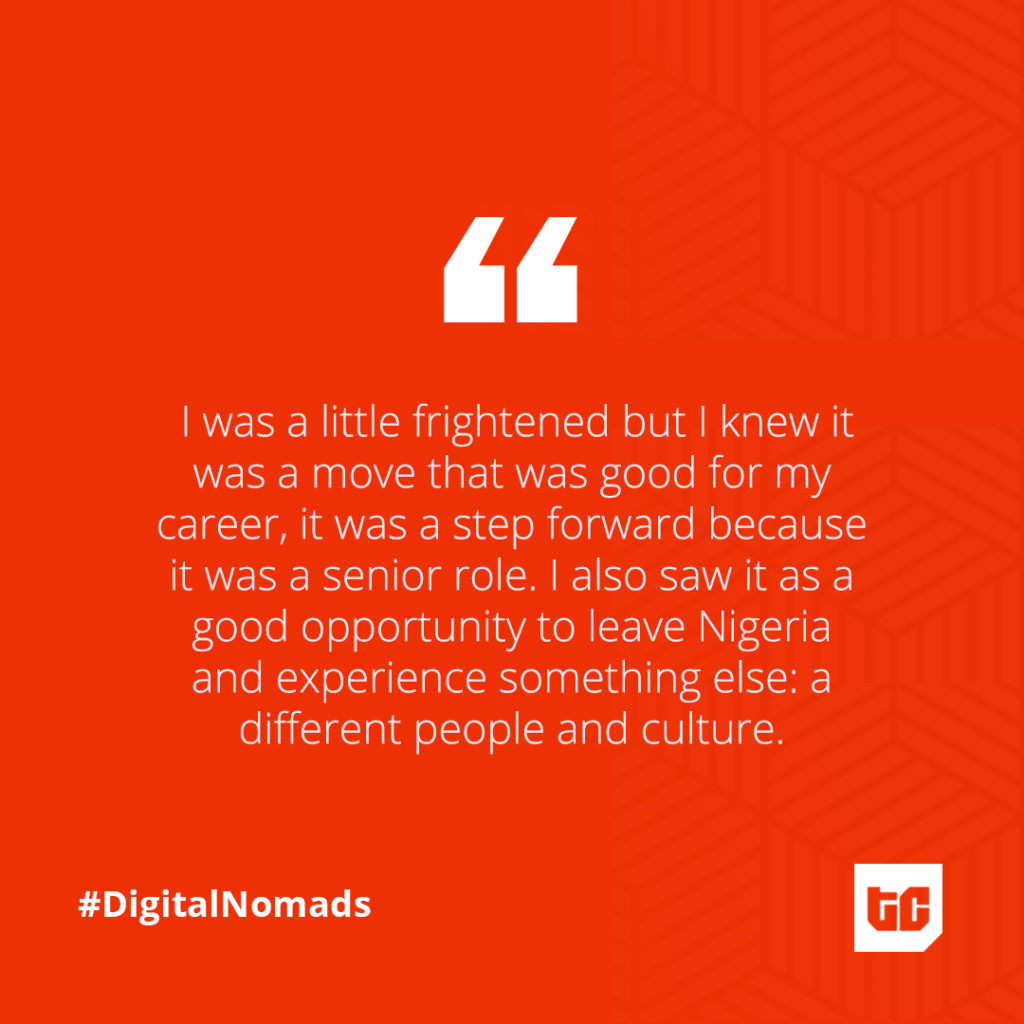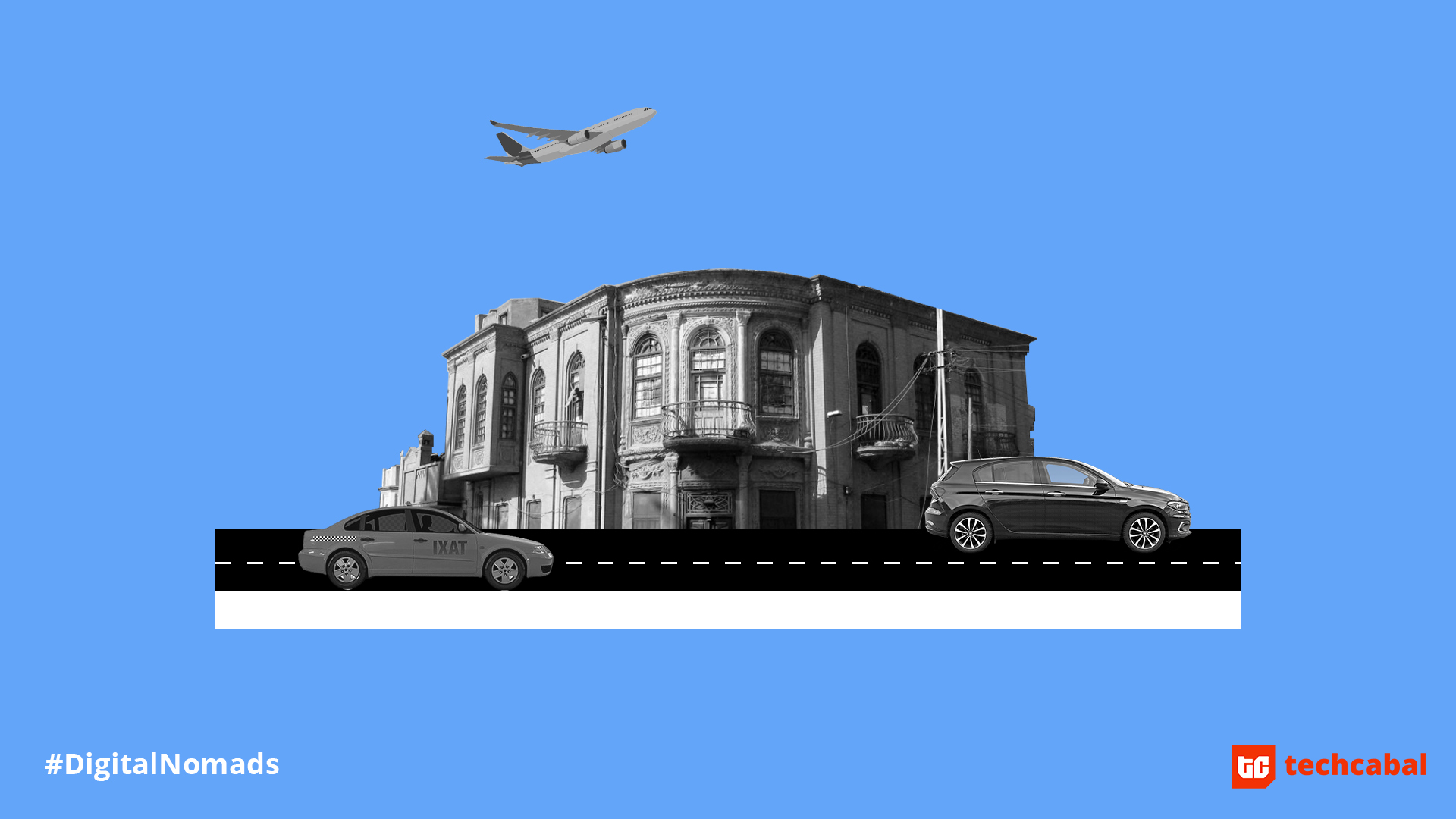We take it for granted that Africans are all over the world. We travel for economic opportunities, and new experiences. There’s also the sneaky suspicion that the grass is greener on the other side.
But some countries are more popular for migrants and tourists than others. Some other countries are like Frost’s “the road not taken” ; often seen but hardly ever visited or experienced.
There are some countries where a lot of people are not in a hurry to move to. I like to think of these countries- Afghanistan, Somaliland, Saudi Arabia and towns like Chibok- as interesting. Yet, this week, a Nigerian living in India challenged the idea of “interesting countries.”
“All countries are interesting,” she told me. “There isn’t such a thing as interesting and uninteresting countries. It’s all based on perspectives.”
Today, Benson is sharing his perspective on living in Iraq, after moving there from Northern Nigeria in 2018. Benson was born in Mubi, Adamawa state, and spent much of his childhood in other cities like Yola and Maiduguri.
When I think of Mubi and Maiduguri, the frame of reference I have is Boko Haram and terrorism. But Benson provides a different view of what those cities mean to the people who live there.
“Mubi and Maiduguri have been centers of commerce for people in the NorthEast. In Mubi, you have the great cattle market where people come from Chad, Cameroon and Niger to trade cattle. Maiduguri also had the great Monday market before the Boko Haram crisis.”
“I grew up in Yola where the people were from the same place and had the same religion. Maiduguri was where I first came in contact with people from different religions and culture.”
Moving around a bit while growing up may explain Benson’s willingness to explore new places. He tells me: “I knew I wanted to travel the world, I had big dreams, but because of my background, I had no idea how it was going to happen.”
The process of figuring out his life’s big goals led to a completing a degree in International Studies at the Ahmadu Bello University, Zaria.
“Right after I completed my degree program, I started working for the American University of Nigeria. I was the assistant manager for banquet sales for the University’s hotel.”
If you’ve worked in a hotel, one of the upsides is that because you work in shifts, you may find time to pursue your other passions. For Benson, that other passion was learning about leadership and teaching other people the lessons he was picking up.
“We were the cohort 2 for the British Council “Leaders Of Tomorrow Training Program.” We were peace building and leadership and asked to also pass on that knowledge to our communities.
“I was teaching the rudiments of leadership; communication, how to carry people along. It’s important to not be a leader that stands aside and hands out directives. At some point, I did a training for the AUN staff in Yola.”

Benson’s note on combining work, learning and teaching: There’s no big trick about finding time. If you’re passionate about something, you have to create time for it. No one is going to give you free time on a plate.
As he got involved with community development, an opportunity came in 2016 to join a humanitarian organization that had just come into Nigeria. He would work first, in their Yola office, before moving to the organization’s Abuja office.
The big move would come in 2017, when a position opened up within the same organization in a different country: Iraq.
He recounts the process like he’s talking about moving next door. “I saw the opportunity in Iraq, applied like every other person and went through the recruitment process.”
While Iraq is famous for its rich cultural heritage and its beautiful handmade rugs and carpets, it has also had a rough couple of years. Starting with the U.S invasion in 2003 to ISIS creating a “territorial caliphate,” Iraq is definitely not what comes to mind when you consider working abroad.
But Benson has a different perspective and says he applied because he knew his organisation and has a high level of trust for the work they do. It also didn’t hurt that he was always fascinated by the Middle East.
“I’ve read a lot about their history, the great Ottoman empire, the different dynasties in the Middle East.”

Benson’s note on deciding to make the move to Iraq: I was a little frightened but I knew it was a move that was good for my career, it was a step forward because it was a senior role. I also saw it as a good opportunity to leave Nigeria and experience something else: a different people and culture.
After the big decision to leave Nigeria, there was a month-long delay in leaving.
“The airport in Northern Iraq was closed for six months- September 2017 until March 2018. Eventually, I left Nigeria for Baghdad and when I arrived at the airport, it finally hit me that I was in a new city.”
My note: the airport in Erbil, the city where Benson was stationed didn’t receive international flights because of a referendum in the Kurdistan region in September 2017 so all international flights had to come through Baghdad. The Kurds voted to leave Iraq.
In 2017, Baghdad was a city with a lot of checkpoints, thanks to security concerns, but expats in cities like Baghdad have a good sense of what to expect. “At the time I first arrived, security wasn’t great and our we didn’t go out a lot. But right now, security is a lot better.”
After a few days in Baghdad, Benson moved on to his duty station in Erbil, the capital city of Iraq’s semi-autonomous Kurdistan region.
Benson’s first impression: When I landed, I found everything surprising. In my head, it’s Iraq and it’s been through war. But it wasn’t what I expected. It didn’t look like a city that had been through war. It was also cold and it was nothing I had prepared for.
The people are also welcoming even though they always seemed surprised to see a black person because the black community here is so small.
One of the biggest surprises in Erbil is that there is no public transportation system. “You don’t get on a bus to go anywhere. Within the city, people drive their own cars or use taxis. You can also use Careem, Uber’s Middle East subsidiary”
Erbil is a small city so the absence of public buses is not something that’s bothersome. The city also shares something in common with many Nigerian cities: electricity supply is terrible.
“To work around the electricity problem, there are community run generators. 10 to 15 houses come together to buy and run a generator. It helps that fuel is very cheap here.”
What Erbil lacks in electricity supply, it makes up for in other infrastructure. The Telecoms sector in the region is also active.
“There are three major telecom companies here: Zain Iraq, AsiaCell and Korek. Their data services are solid.
WiFi here is better than Baghdad. In Baghdad, the internet is unimpressive and during riots,, the government sometimes shuts down the internet.”
“But Technology plays a vital role here. Most of the people who go to University here study majorly Engineering and medicine. A lot of young people here spend most of their time at Cafe’s on smartphones, there are services like Lezzoo that deliver food and groceries to your doorstep.”
To pay for services like Lezzoo, foreigners do not need to open bank accounts in Erbil. Many use the bank cards from their home countries because of the restrictions in the banking system.
“It’s not easy to do a lot of things in the Iraqi banking system. For many people and organisations, if money is coming through Iraq, they have to verify. You don’t want to be at risk of sending money to an individual or organisation involved in terrorist activities.”
These restrictions mean that trying to shop online from Iraq can sometimes be a hassle and that running a business while having global clients is a hard ask.
Despite some of these problems, Benson rates Erbil a 7 on a scale of 1-10 for his tech experiences. “I’ll rate Yola a 5 because it still has a long way to go.”




















